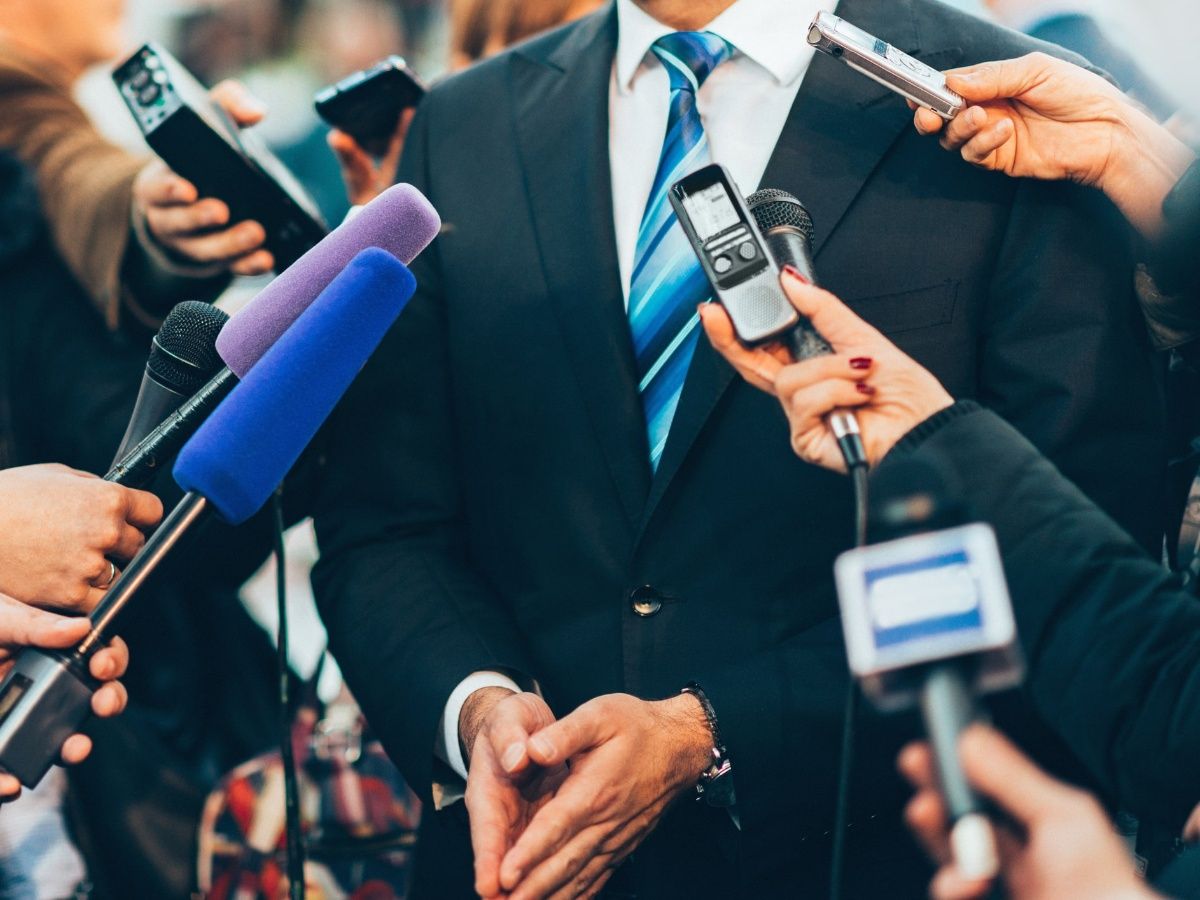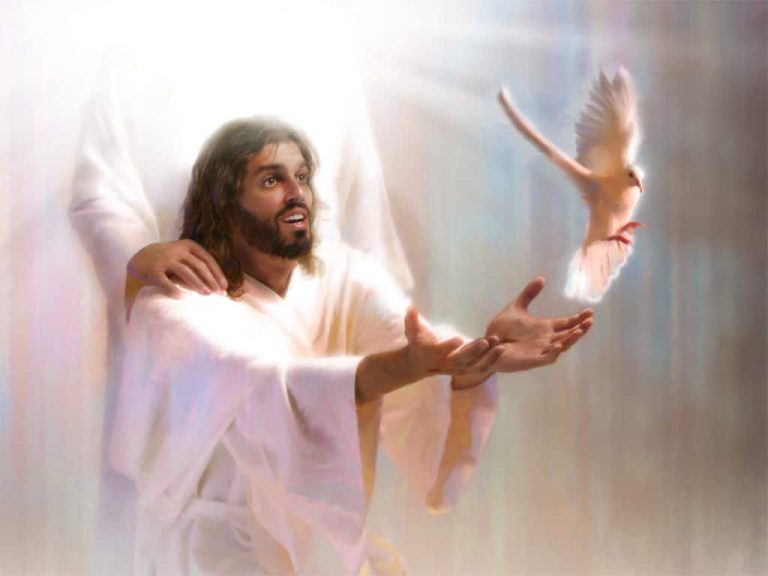Ethics and the Media, and their Relationship
The media are a key piece in the daily events of people, since they generate information of all kinds. This article deals with what is related to the subject, as well as ethics and the media.
ethics and the media
First of all, it is vital that we remember what ethics is and we must say that it is the science that evaluates and treats the goodness or bad acts of people’s lives. Among these elements we can mention the human attitude and their value.
The media have a great influence on the development of people’s thoughts and attitudes, some people faithfully believe in their information since they think that it is a worthy and objective source of the information they dictate.
What happens when there is a lack of ethics in a media outlet? Because the media often seek to obtain productive profits, they are enthroned with methods that are not very well seen, such as the lack of ethics and information media.
Regarding that topic, we want to analyze ethics and the media in relation to our daily thoughts and the influence on people.
The mass media are always in question regarding morals and ethics and their influence, this has been the subject of debate on several occasions.
The participation of the media in today’s society, especially television, plays an important role in relation to vulnerable sectors and considering the media as the main cause of the problem as such.
But we must ask ourselves the following question: to what extent do the media lack public morality and ethics? What solutions could solve the problem?
The freedom of the media is just a myth, even when there are several degrees of freedom, however the very freedom of actions of reporters and editors is minimized in the face of pressure from owners, social values and co-workers themselves.
The media have always carried out their work effectively in terms of political power. As for this, society trusts the media since these are the creators, trainers of values and position of citizens through information.
Regarding ethics and the media, it is usually thought that they are in defense of democracy, since they are in charge of discovering both political and financial scandals, however, always under the threatening gaze of the power of those who manage them.
We are in a time that is no secret to anyone that looking for money quickly and easily, due to the difficult situation that many countries are currently going through, the media do not escape this same reality.
The most perfect case does not suggest that it is television, since at some time it knew how to have the functions of educating, informing, and entertaining; However, in current times, entertainment has left the other two behind.
This is clear in relation to the clarity in television news programs, these being more focused on the pink news, often hidden information that leaves much to think about and is relevant in terms of veracity for the life of society in general.
Television stations in current times have become media dedicated to pink programming, standing out among these reality shows, police programs, sports, etc. Remaining information based on very small spaces or between the same television programming.
The social communicator will often find himself in particular situations such as:
- Respect towards the commitment to the truth accepting the consequences.
- Concealment or reservation of the truth due to personal, social consequences that its dissemination entails.
For the reader of printed or electronic newspapers, we must ask the following question: what is the most convenient for them in terms of daily news? What is the best way to find out about the day to day?
Regarding this answer, the person will find many attitudes or points of view of people participating in the subject, because their interpretation and attitude regarding it (principles and values) is variable or different from personal development.
lack of ethics
Regarding this point, it can be mentioned that this lack of ethics in the media occurs when there is no plurality as a characteristic of the news agent, also when the information that is produced is of partial content, tendentious, not generating the totality of information produced by social factors.
Ethics and the media are two components that go hand in hand, since, as we said in the previous paragraph, a medium that hides, hides news is seen unpleasantly by the public or information society. This removes credibility from the medium whatever its medium, be it television, radio, Internet or print media.
The media must take care of this type of detail since a lot of society trusts them and the veracity of the news that is given there, the public will take it as true and the public should not be allowed to doubt it, so the Ethics is an important factor in the content of any media.
the fourth power
It is named like this since it is usually cataloged as having influence in the media on the masses. This is placed after the three branches of government.
In the well-known series among some people, such as “Sex and the city”, it is an example of how the media influences people’s thinking. This is because he managed to impact and fashion both expensive cocktails and the martini, designer Manolo Blahnik’s shoes.
It also had an influence on women since they took an attitude equal to the protagonists of such a television series. This influence on women has benefited many companies and designers, since it happened through the television series.
Manipulation of the reality shown
The lack of information tries not to allow people to find out about news, arguments, or only be able to see favorable aspects. However, the owners of the media are like all of us and they will not want to harm those who support them by allowing misinformation among people.
Likewise, large companies offer money to the owners so that no harmful information is received that involves them.
The media can alter or create montages of images or videos, they invent information, this with the sole purpose of convincing the masses to show favorable aspects of the news area.
Next, we are going to expose the reader to some cases in which the media have great influence and can be taken as a cause that their ethics may be questionable.
The Iranian press published at the time a photo where missiles that were launched in Tehran are observed, what happens is that in said image more quantity is shown than there really were, thereby making them look bad before the world.
Another case is that the photo of Osama’s corpse is recognized as real by the British and Pakistani media, after its appearance in the Internet media.
This happened over a period of two years and was thought to be true, until a senior official linked to him reported that the photo was fake. It was published on the cover of many magazines.
As you can see, there are countless montages that show the lack of ethics often in the media. It also happened in the case of the moon landing, also mounted in order to show a great feat in front of scientists and technicians from other parts of the world.
child protection
This is a very important issue since the media have the peculiarity of reaching all kinds of audiences regardless of age. Regarding this, there are some television channels, some via cable, through which children can have access to watch pornography, drugs, as well as the use of obscene language in the early hours.
Another medium is the Internet, the little ones access sites with questionable content, and even these contents can be seen published by other people on a page or social network.
Regarding this problem, the protection system has been implemented in some channels so that minors have access to this type of programming by placing parental control (blocking of channels by parents).
However, some parents are not aware of this blocking measure and because there are many channels that project content that is not suitable for children. An example is the cable channel HTV, which broadcasts programming with profanity and vulgarity at all hours.
As we said, some parents are not aware of such a situation because this channel “supposedly” projects musical programming. Likewise, the channel for children Cartoon Network projected programs such as “Adult swim” at 10 pm in Chile and 8 pm in Colombia, a time when it is well known by all that there are children awake, these programs had rude and vulgar content.
Censorship
It is a method through which minors are usually protected in some way, and it is the main plan against the content to which minors are exposed. Its use is applied mainly in television programs, movies, video games, etc.
In this regard, censorship is used only in content that children can see, and because of this, this problem is maintained since adult content is available in the manner already mentioned.
Internet
In relation to this issue, it differs from other media since in this case no one is the owner of the created reality. It allows all public to share and express their information and points of view, as well as the personal information obtained by us.
Each person or human being has the freedom to choose who gives him credibility in terms of users who share information on social networks. This does not mean that official companies do not use it to project information. Among others are online channels, newspapers, etc.
Despite being one of the largest communication media, on the Internet there are also places where there is no respect for ethics, which is hidden through anonymity, users can post content that is offensive or affects other people or the public. usually.
There are cases such as making fun of people because of their type of religion, some disability, ideology, appearance, color, etc. At the time of advertising, it is observed in some sites that they are used in a harsher way, automatically opening some site on the web, making it misleading, such as a game so that the user is interested in giving click.
There are also cases in which, in the aforementioned way, content is hidden that manages to introduce viruses into people’s computers, in order to harm or steal personal informative content.
Fun fact about an article
In 2012, specifically on April 25, on social networks (Facebook) he published an article in the newspaper “The Sun” called “internet trolls, in which the image of a girl with Down syndrome is seen with the rude subtitle .”
According to the article, the photos of the little girl were initially uploaded to a support site for parents on the web, for children with the pathology of Down syndrome. Later the image is used to make fun of children who suffer from this disease.
Heidi’s mother, (the girl in the image), Liz Crowter, saw the image of her daughter in September 2011, on Facebook, said image had a mocking, offensive text, which is why she decided to investigate the matter.
The mother went to various organizations, however it was not possible for the girl’s image to be removed from the networks or for the perpetrators to pay for such a situation due to the anonymity that the Internet provides.
The journalism
In relation to this, there are four elements that determine the news scenario:
Market, ratings, competition with other media and social context, especially politics. Events become news by being transformed events become news because they are transformed by the appearance of the information.
If we observe the communicators, we can comment that among themselves they classify themselves as transformers of news or events, they also see themselves as observer-transmitters, these are characteristics of journalism.
Ethics is excluded from the narrator or professional journalist when there is no relationship between truthfulness and relevance. Journalism is based on the technique by which you have the ability to convince a general public, regardless of whether the journalist’s methods are ethical or not.
Is informative objectivity possible?
Journalists receive from the community the responsibility to access the news or events that occur, in order to transmit sincere, objective and absolutely credible information to society.
The media recognize in terms of training and how information, facts or events are composed in relation to the creation of realities in which they complement each other, producing a balance in terms of the form or vision of man and the stuff.
An objective mediation could be achieved through efficient and effective compliance in terms of the work carried out by the “mass media”, between events would be feasible, the transmission of information as an “objective mediation”, between clear and individuals who lack it.
Some authors have proposed the change regarding the denomination of “Media”, for “Generating Institutions of Social Discourses”, on the discourses that, due to their degree, achieve, due to their degree of consensus, become a certain representation. Social.
Economic ethical benefits
- They activate the market.
- They cause improvement in the quality of goods and services.
- They promote healthy competition.
- They educate the consumer.
Social
- They fuel participation.
- They unite people to achieve their purposes.
- They stimulate democracy.
- Incompetence, abuse, corruption is not allowed; at the same time they promote civic sense and solidarity.
Cultural
- They intertwine people in humanizing activities.
- They teach knowledge, beauty and wisdom.
- They promote understanding and value culture and traditions.
- They create momentum over superficiality in terms of specific issues, narrow observation, bad taste, uniformity, vulgarities, denigration in terms of customs and traditions.
- Production of irresponsible messages.
Educational
- They develop tools to improve training.
- They are a source of social development.
- They do not generate solutions to problems.
- They offer to be an instrument of indoctrination.
- They try to control and oppress.
Personal
- They add positive events, ideas and actions to life.
- They achieve momentum in terms of intellectual and spiritual facts.
- Lack of ethics in the economic field
- They allow the inspiration of greed and ambition.
- They push the economist view.
- Through globalization, marginality and suffering are produced.
- There is no support for access and development of information.
Political
- Violation of human rights.
- They create and allow themselves a utilitarian vision which accepts what is risky for life, people and the family.
Other features
- They undermine important values and undermine spiritual and moral issues.
- Social responsibility of journalists
- Among many that these communication professionals must possess are the acceptance and fulfillment of an obligation with society itself.
- For the fulfillment of such obligations, they will set standards of truthfulness, fidelity, and objectivity. The press or newspapers will regulate themselves according to the law.
conclusion
Social communication must be characterized by objectivity. For the social communicator, ethics and the media must have as their north the choice to transmit the truth and the achievement with it. There must exist in the social communicator selfless morality, love for the truth of the facts, passion for justice and selfless commitment to the good of all.
Currently some of these ideals are threatened and minimized due to the practice of constant dangers faced by press professionals and social communicators.
The mass media must achieve independence and not allow restrictions regarding the truth, since this is a vital medium for democracy worldwide, with these practices the media will be able to be spokesmen for public opinion, not for the convenience of others .







